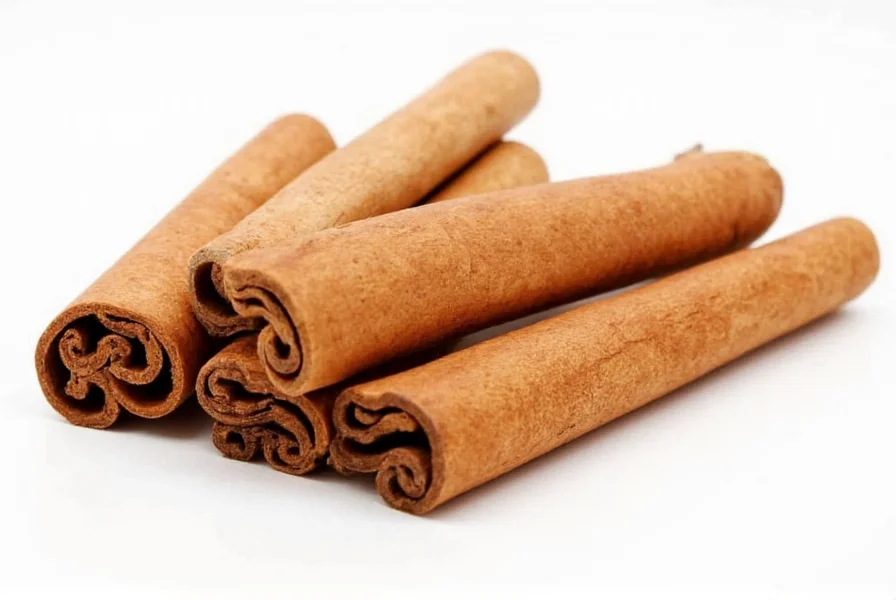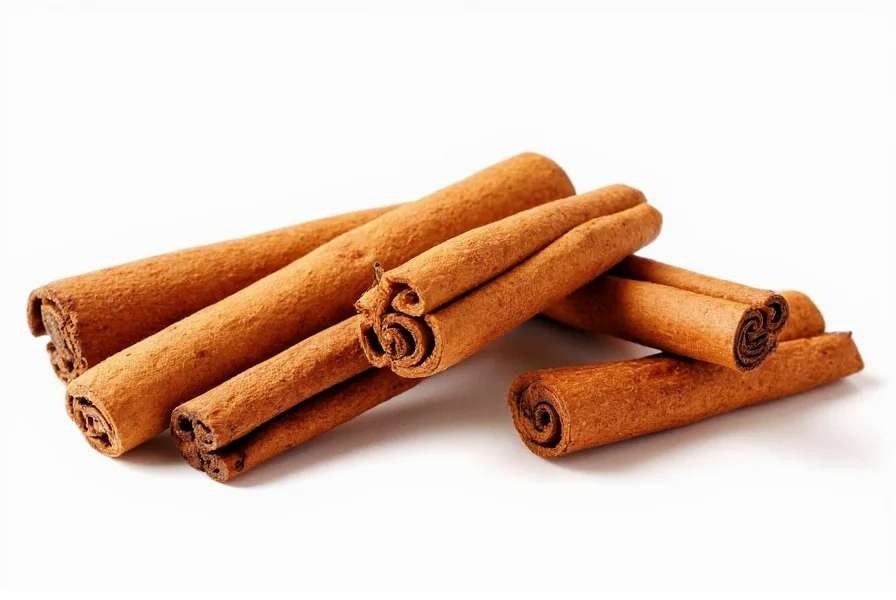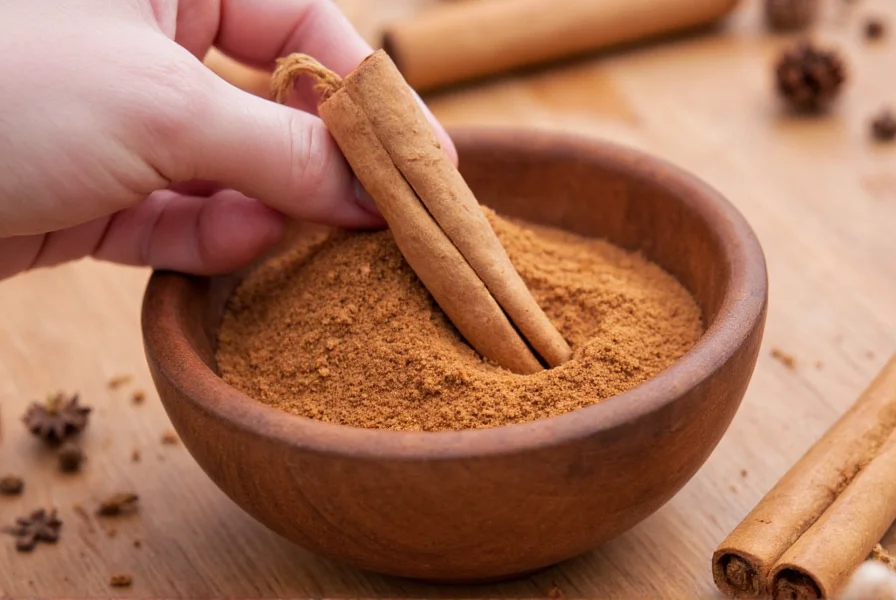High blood pressure affects nearly half of all adults in the United States, making natural approaches to management a topic of significant interest. Among various dietary supplements studied for potential cardiovascular benefits, cinnamon has emerged as a subject of scientific investigation for its possible effects on blood pressure regulation.
The Science Behind Cinnamon's Potential Blood Pressure Effects
Cinnamon contains bioactive compounds including cinnamaldehyde, cinnamic acid, and proanthocyanidins that may influence cardiovascular health. Researchers believe these compounds could affect blood pressure through several mechanisms:
- Improving endothelial function by enhancing nitric oxide availability
- Exhibiting anti-inflammatory properties that reduce vascular inflammation
- Potentially improving insulin sensitivity, which indirectly affects blood pressure
- Acting as an antioxidant to reduce oxidative stress in blood vessels
These biological pathways suggest plausible mechanisms for cinnamon's potential blood pressure effects, though human evidence remains less robust than laboratory findings.
Clinical Evidence on Cinnamon and Blood Pressure
Several human studies have examined cinnamon's impact on blood pressure with varying results. A 2022 meta-analysis published in Nutrition Reviews analyzed 12 randomized controlled trials involving 667 participants. The analysis found:
| Study Duration | Participant Characteristics | Average BP Reduction | Key Limitations |
|---|---|---|---|
| 8-12 weeks | Adults with type 2 diabetes | 3.2 mmHg systolic | Small sample sizes (n=30-70) |
| 12 weeks | Adults with metabolic syndrome | 5.4 mmHg systolic | Used cassia cinnamon with high coumarin |
| 6 weeks | Healthy adults | No significant change | Short duration, healthy population |
| 16 weeks | Adults with prediabetes | 4.1 mmHg systolic | Single-center study |
The most consistent findings appear in populations with existing metabolic conditions. A notable 2019 study in the American Journal of Clinical Nutrition followed 116 adults with type 2 diabetes who consumed 1-3 grams of cinnamon daily for 12 weeks. Participants experienced an average 4.8 mmHg reduction in systolic blood pressure compared to the placebo group.
However, researchers caution that these reductions, while statistically significant, may not be clinically meaningful for individuals with moderate to severe hypertension. The American Heart Association emphasizes that lifestyle modifications and prescribed medications remain the cornerstone of effective blood pressure management.
Ceylon vs. Cassia Cinnamon: Important Distinctions
Not all cinnamon is created equal when considering blood pressure effects and safety:
- Ceylon cinnamon ("true cinnamon") contains significantly lower levels of coumarin, a compound that can cause liver damage in high doses
- Cassia cinnamon (most common in supermarkets) has higher coumarin content but is typically used in research studies
- Most clinical trials showing blood pressure benefits used cassia cinnamon at doses of 1-3 grams daily
For long-term use, Ceylon cinnamon may be preferable due to its lower coumarin content, though research specifically on Ceylon for blood pressure is limited. The European Food Safety Authority recommends limiting coumarin intake to 0.1 mg per kg of body weight daily.

Practical Considerations for Blood Pressure Management
If considering cinnamon as part of a blood pressure management strategy, several factors deserve attention:
- Dosage: Most studies showing benefits used 1-3 grams (approximately 1/2 to 1 1/2 teaspoons) of ground cinnamon daily
- Timing: Effects appear to develop gradually over 8-12 weeks of consistent use
- Safety: Generally well-tolerated, but may interact with blood thinners and diabetes medications
- Realistic expectations: Modest potential benefit as a complementary approach, not a replacement for proven treatments
Individuals taking antihypertensive medications should consult their healthcare provider before adding cinnamon supplements, as the combination could potentially lower blood pressure too much. Those with liver conditions should exercise particular caution with cassia cinnamon due to its coumarin content.
Integrating Cinnamon into a Comprehensive Blood Pressure Plan
Cinnamon's potential blood pressure benefits should be viewed within the context of overall cardiovascular health strategies:
- As part of the DASH (Dietary Approaches to Stop Hypertension) eating pattern that emphasizes fruits, vegetables, and whole grains
- Combined with other evidence-based approaches like regular physical activity and sodium reduction
- Used alongside, not instead of, prescribed medications for diagnosed hypertension
- Monitored with regular blood pressure measurements to assess actual effects
Research suggests that cinnamon may work best as one component of a multifaceted approach to blood pressure management rather than a standalone solution. A 2021 study in Complementary Therapies in Medicine found that combining cinnamon supplementation with dietary changes produced better results than either intervention alone.

Current Research Limitations and Future Directions
While existing research on cinnamon and blood pressure shows promise, significant limitations remain:
- Most studies have small sample sizes and short durations (typically 8-16 weeks)
- Long-term safety and efficacy data are lacking
- Optimal dosage and cinnamon type haven't been definitively established
- Effects on diastolic blood pressure are less consistent than on systolic
- Individual responses may vary based on metabolic health status
Researchers call for larger, longer-term randomized controlled trials to better understand cinnamon's role in blood pressure management. Future studies should differentiate between cinnamon types, examine effects across diverse populations, and investigate potential synergies with other lifestyle interventions.
Conclusion: A Modest Potential Benefit with Important Caveats
Current evidence suggests cinnamon may offer modest blood pressure-lowering effects, particularly for individuals with prediabetes or type 2 diabetes. However, the reductions observed in research (typically 3-5 mmHg) are significantly smaller than those achieved through established treatments like medication, dietary sodium reduction, or regular exercise.
Cinnamon should be viewed as a potential complementary approach within a comprehensive blood pressure management plan, not as a replacement for proven treatments. Individuals with hypertension should prioritize evidence-based strategies first and discuss any supplement use with their healthcare provider to ensure safety and avoid potential interactions with medications.
How much cinnamon should I take for blood pressure?
Research studies showing potential blood pressure benefits typically used 1-3 grams (approximately 1/2 to 1 1/2 teaspoons) of ground cinnamon daily. However, optimal dosage hasn't been definitively established, and individual responses vary. Consult your healthcare provider before starting cinnamon supplementation, especially if you have liver conditions or take medications.
How long does it take for cinnamon to lower blood pressure?
Most clinical studies showing blood pressure effects administered cinnamon for 8-12 weeks. Effects appear to develop gradually rather than immediately. Individual responses vary, and some people may not experience noticeable changes. Regular blood pressure monitoring is recommended if using cinnamon as part of a blood pressure management strategy.
Can I replace my blood pressure medication with cinnamon?
No, cinnamon should not replace prescribed blood pressure medications. The blood pressure reductions observed in research (typically 3-5 mmHg) are significantly smaller than those achieved through medication. Abruptly stopping prescribed hypertension treatment can be dangerous. Always consult your healthcare provider before making changes to your medication regimen.
Which type of cinnamon is best for blood pressure?
Most clinical research on blood pressure has used cassia cinnamon, which is more readily available but contains higher levels of coumarin. Ceylon cinnamon has lower coumarin content and may be safer for long-term use, though specific research on Ceylon for blood pressure is limited. If using cinnamon regularly, Ceylon may be preferable for safety reasons, but consult your healthcare provider for personalized advice.
Does cinnamon lower systolic or diastolic blood pressure more effectively?
Research suggests cinnamon may have a more consistent effect on systolic blood pressure (the top number) than diastolic pressure. Most studies showing benefits reported reductions of 3-5 mmHg in systolic pressure, while effects on diastolic pressure have been less consistent and generally smaller. However, individual responses can vary based on overall health status and other factors.











 浙公网安备
33010002000092号
浙公网安备
33010002000092号 浙B2-20120091-4
浙B2-20120091-4